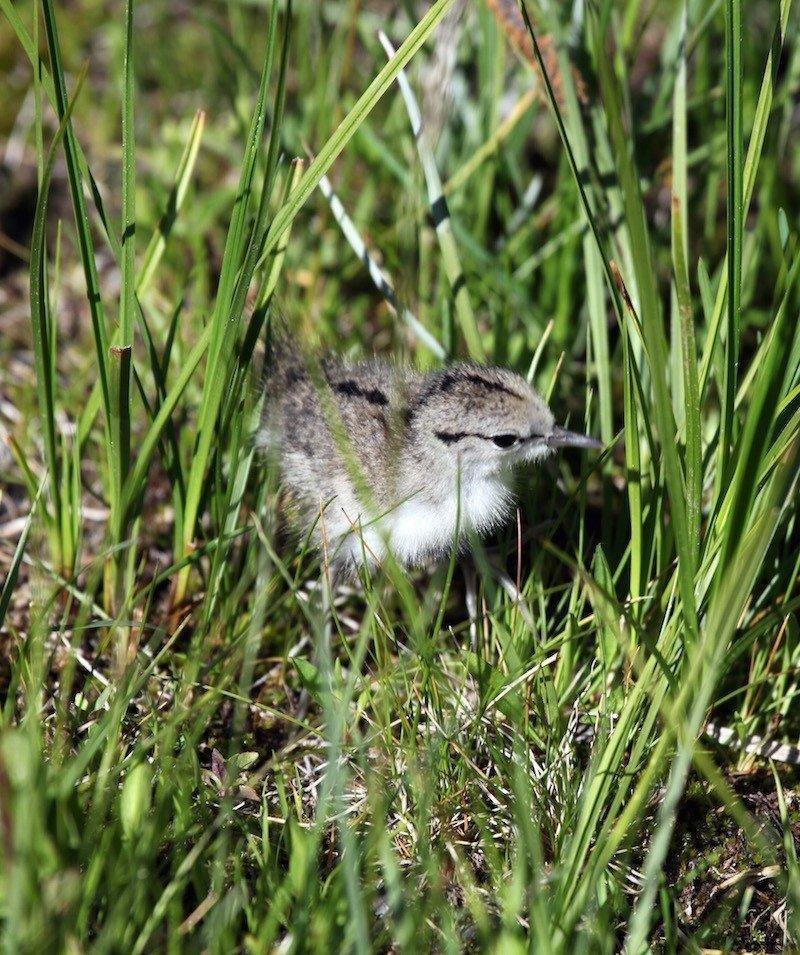DWR Press Release
It’s not unusual to find newly hatched birds in your yard this time of the year.
Ron Stewart, regional conservation outreach manager for the Division of Wildlife Resources, said young birds often leave their nests before they’re able to fly. “They usually spread out along the branch of a tree and call for their parents to bring food to them,” he explained.
While the birds are spread along the branch, it’s not uncommon for a strong wind to blow the birds off the branch and for people to find them on the ground.
If you find a baby bird on the ground, what should you do with it?
Stewart said the best thing to do is get the bird out of the reach of house cats and dogs by placing it on a safe branch. “The baby will squawk and the parents will find it,” he explained. “Most birds do not have a good sense of smell, so picking the bird up and placing it on a branch won’t harm it.”
Don’t feed the bird
Stewart also said you shouldn’t feed the bird before you place it back in the tree. “Trying to hand feed a young bird is not a good idea,” he says.
Stewart said birds have a specific diet. “Feeding them something that’s not part of their diet could kill them,” he says. “For example, you might be surprised to learn that robins are one of just a few birds that can safely eat worms. Most birds can’t.”
Stewart explained the best thing to do is let the bird’s parents feed it. “They know what the bird can and cannot eat,” he stated.
What if I find an entire nest?
In addition to receiving calls about individual birds, DWR offices also receive calls from people who have found a nest with newly hatched birds in it. The caller wants to know what they should do with the nest.
Stewart said the best thing to do is leave the nest where it is. But if you can’t, then relocate it in a nearby tree or another safe place.
“Birds are extremely good parents,” he said. “They’ll almost always find the spot where the nest is placed by following the sounds of their young.”
More information
You can get more tips about living with wildlife at the Wild Aware Utah website. The website address is www.wildawareutah.org.


